Are you curious about the history of industry and innovation? These are the top industrial heritage museums in Thuringia:
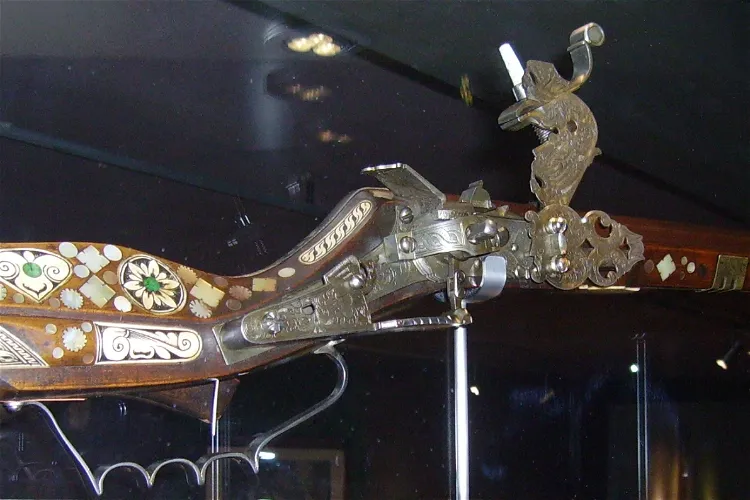
Waffenmuseum Suhl
SuhlThe Waffenmuseum Suhl is a specialty museum located in the historical Malthouse in the city of Suhl. It is dedicated to showcasing the technical development of handheld firearms. The museum is recognized as one of the most significant of its kind in Germany, making it a notable destination for those interested in the history and evolution of firearms.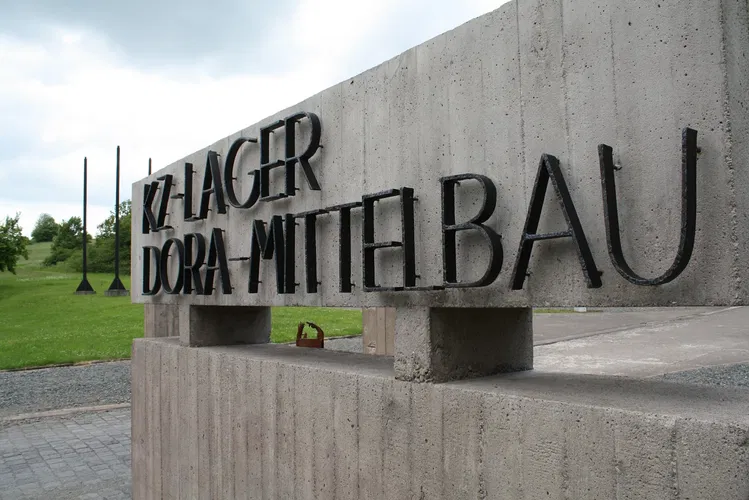
Mittelbau-Dora concentration camp
NordhausenMittelbau-Dora, sometimes referred to as the Mittelbau concentration camp, is a historical site located near Nordhausen, south of the Harz Mountains. Established in August 1943, this Nazi concentration camp played a significant role during World War II. Today, it serves as a reminder of the atrocities committed during this period and offers visitors an opportunity to learn about this dark chapter in history.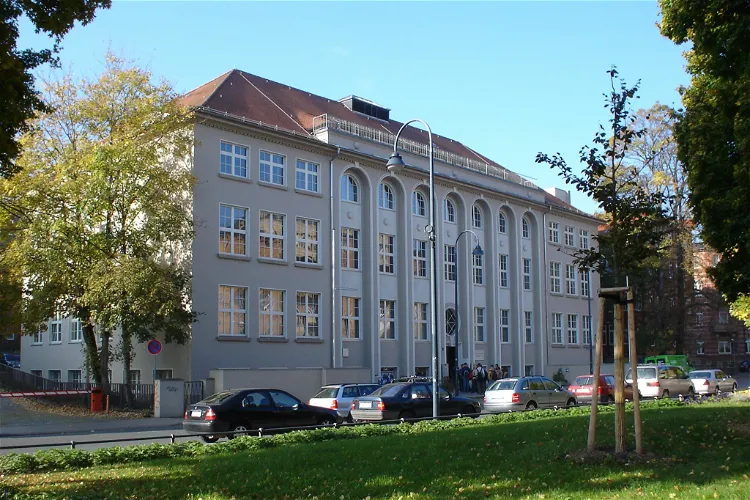
Optical Museum Jena
JenaThe Deutsches Optisches Museum Jena is a unique science and technology museum that showcases optical instruments spanning eight centuries. This extensive collection provides a comprehensive overview of the evolution of optical instruments, making it a fascinating destination for those interested in the history and development of technology.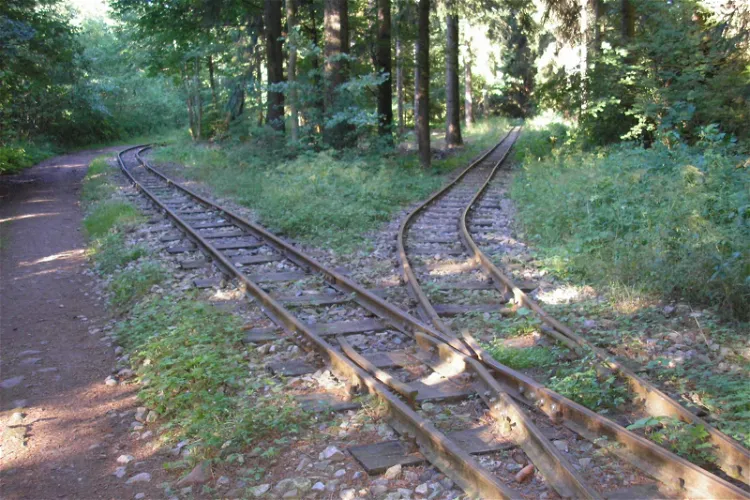
Schaubergwerk Volle Rose
IlmenauThe Schaubergwerk "Volle Rose" is a show mine situated in the Schortetal near Ilmenau in Thuringia. This location offers a unique opportunity for visitors to explore the rich mining history of the region. The mine is nestled in the valley of the Schorte, south of Ilmenau in the Thuringian Forest, providing a picturesque setting for an educational outing.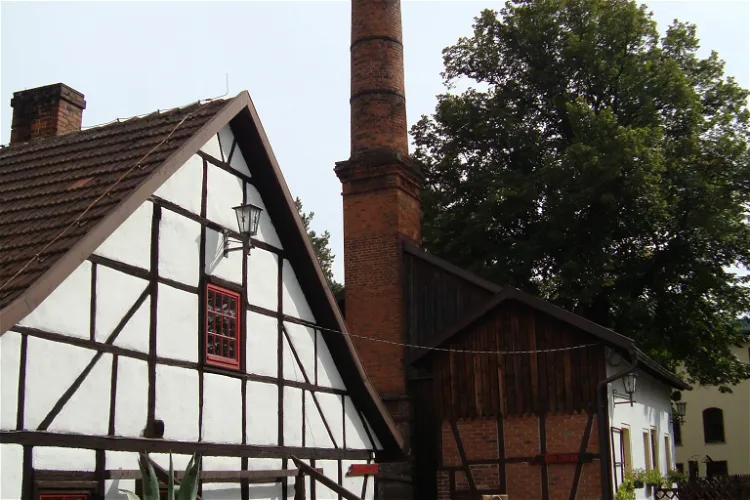
Tobiashammer
OhrdrufThe Tobiashammer is a significant historical site located in Ohrdruf, Thuringia, Germany. Dating back to 1482, this large, water-driven hammer mill has been preserved as an industrial monument and museum since 1983. It offers visitors a unique opportunity to explore the rich industrial history of the region.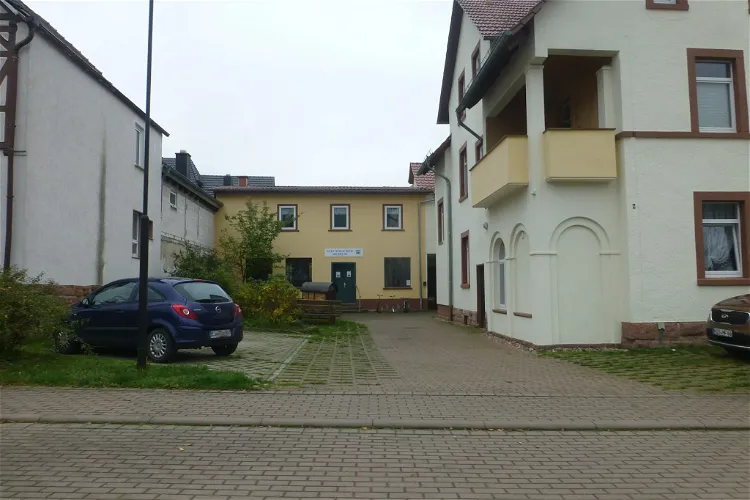
Stockmachermuseum
LindewerraThe Stockmachermuseum is situated in the quaint village of Lindewerra, nestled in the Eichsfeld district of northwest Thuringia. This location is notable as it sits directly on the state border with the Hessian Werra-Meißner-Kreis, offering a unique blend of cultural influences.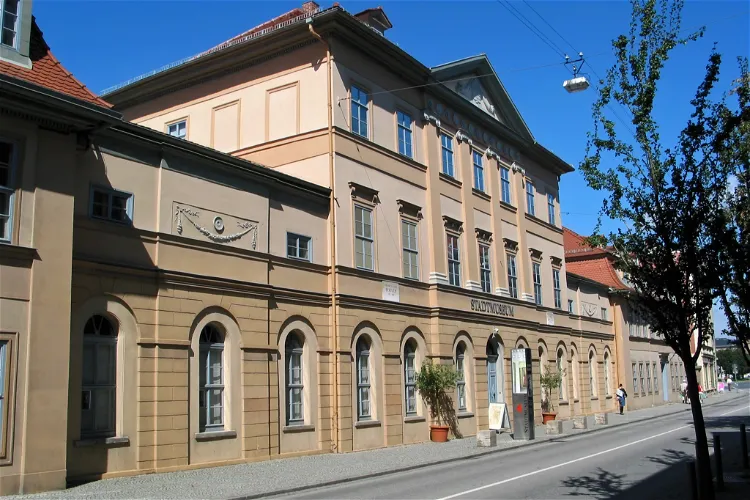
Stadtmuseum Weimar
WeimarThe Stadtmuseum Weimar, located at Karl Liebknecht-Straße 5, holds the distinction of being the first city museum in Thuringia. This museum is housed in a classicist residential and commercial building constructed between 1780 and 1803. The building is named after its builder, Friedrich Justin Bertuch, a prominent entrepreneur, writer, and publisher during Goethe's time in Weimar.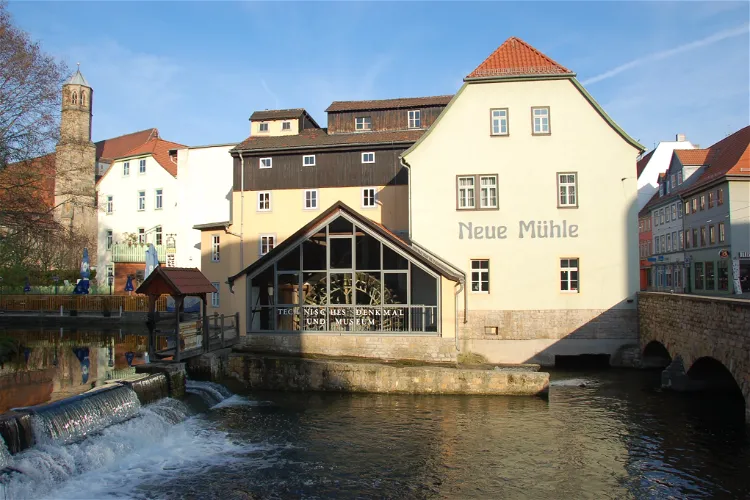
Neue Mühle
ErfurtThe Neue Mühle is a technical museum located at the Schlösserbrücke in Erfurt, the capital of Thuringia. The museum is situated on a tributary of the small river Gera, which powers the mill's hydroelectric plant. This unique location not only provides a picturesque setting but also demonstrates the historical use of water power in the region.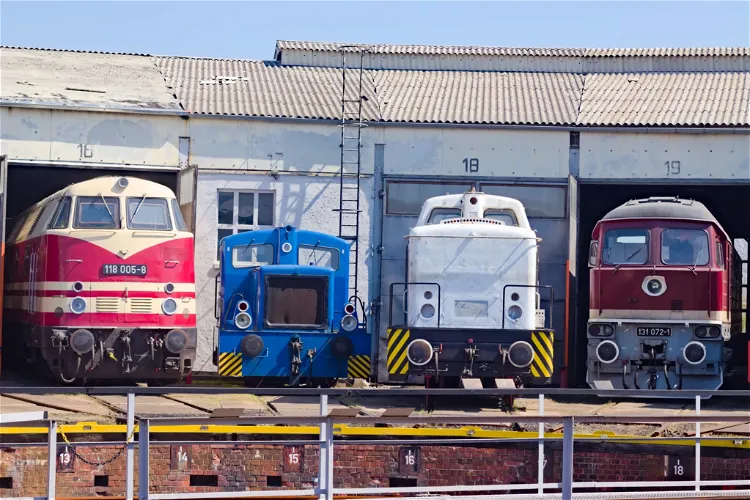
Förderverein Bahnbetriebswerk Arnstadt
ArnstadtThe Bahnbetriebswerk Arnstadt is a railway museum located in Arnstadt, Thuringia. Since 1992, it has been home to steam locomotives of the former Reichsbahndirektion Erfurt. This museum offers a unique opportunity to explore the history of steam locomotives and the railway industry in Germany.
Stadtmuseum in der Beschußanstalt
Zella-MehlisThe Stadtmuseum in Zella-Mehlis is housed in the building of the former Beschussanstalt, a facility where firearms were tested. This location adds a unique historical context to the museum, as it reflects the city's long-standing tradition in the weapons industry. Visitors can explore the museum within this historical building, which provides a tangible connection to the city's past.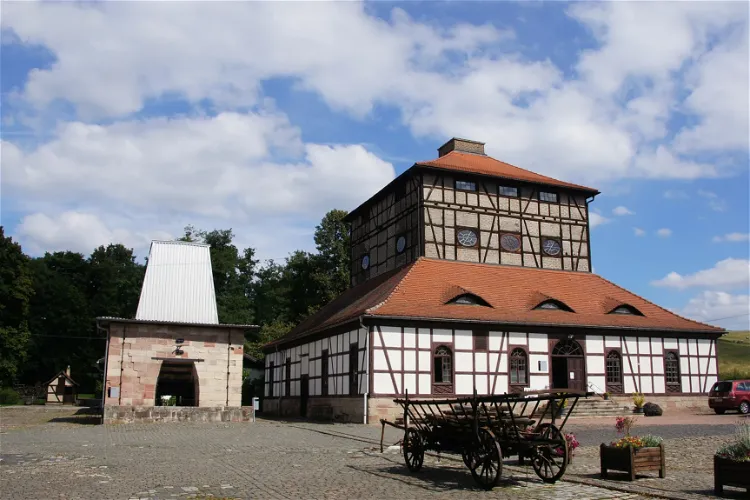
Museum Neue Hütte
SchmalkaldenThe Neue Hütte Technical Museum in Weidebrunn is a significant historical building and technical monument in the city of Schmalkalden, Thuringia. It stands as a testament to the city's long-standing history in the iron and steel industry, dating back to the High Middle Ages. The museum is located on the outskirts of Weidebrunn and can be easily reached by city bus from the old town, which is 3 km away.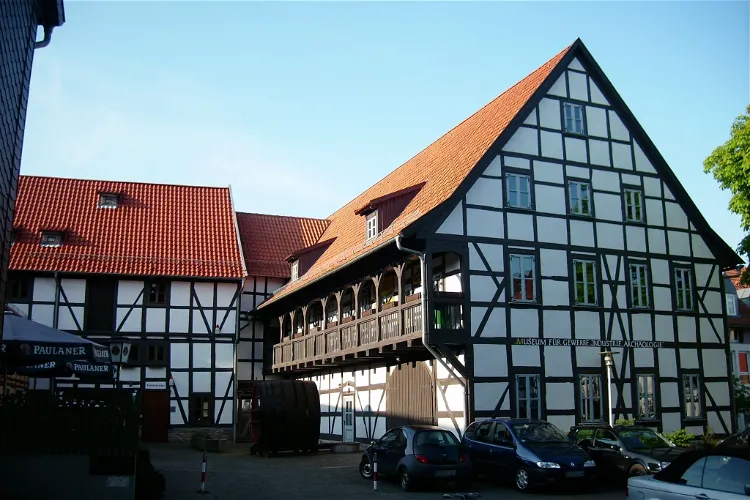
Museum Tabakspeicher
NordhausenThe Tabakspeicher is a city museum located in Nordhausen, Thuringia. It is dedicated to showcasing the historical and cultural development of the city. Visitors can gain insights into the city's past and understand its evolution over the years.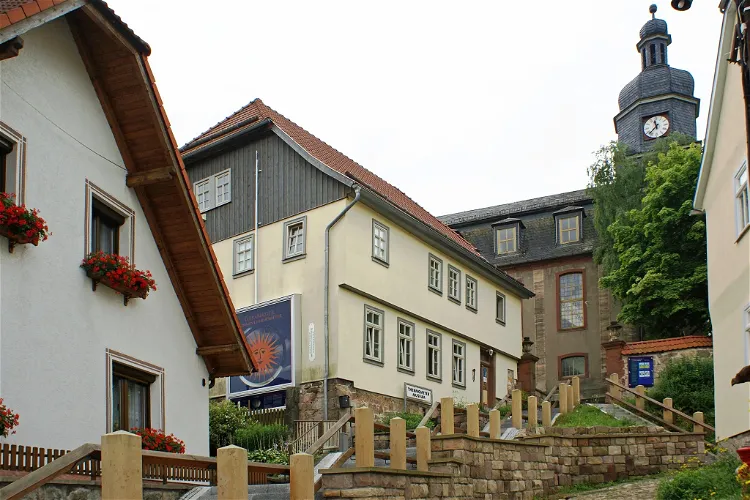
Deutsches Thermometermuseum
GerabergThe Deutsches Thermometermuseum Geraberg is a technical museum that is situated in the historical town center of Geraberg in Thuringia. This location is not only rich in history but also offers a unique cultural experience for tourists who are interested in technical advancements and historical artifacts.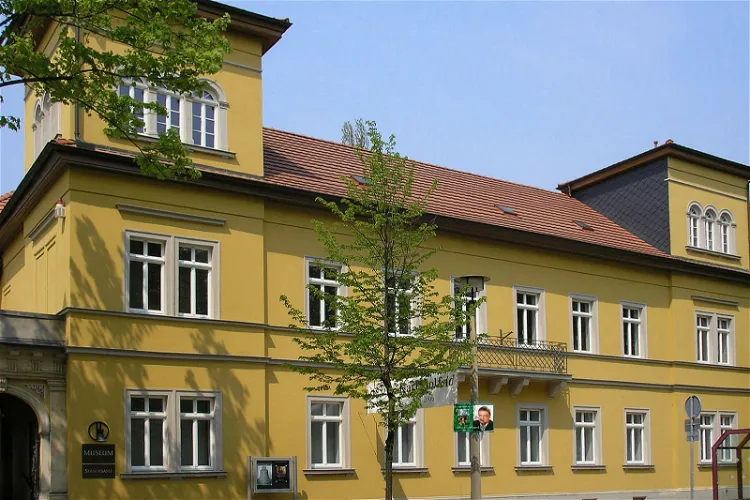
GlockenStadtMuseum
ApoldaThe Glockenmuseum and the Stadtmuseum are both located in a neoclassical factory owner's villa in Bahnhofstraße, Apolda. This historical building provides a unique setting for the museums, adding to the overall experience of the visitors.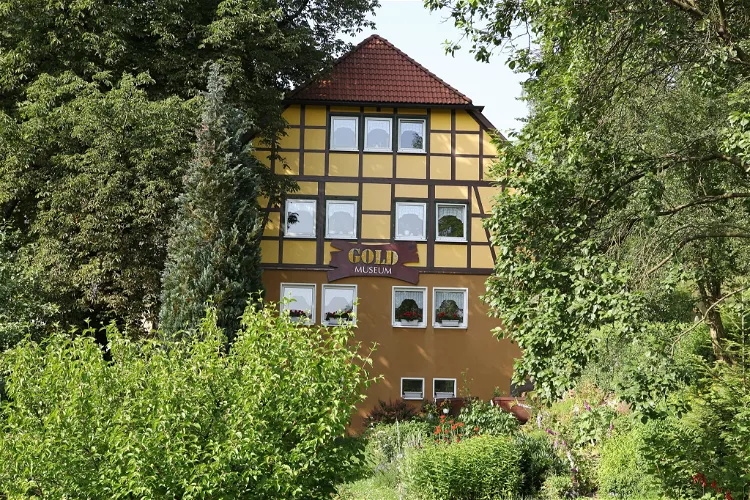
Goldmuseum Theuern
TheuernThe Goldmuseum is situated in the quaint town of Theuern, nestled within the Thuringian Slate Mountains. The museum is housed in a large mill building known as the Burgmühle, adding a unique charm to its location. This setting provides a picturesque backdrop for visitors, making it an interesting destination for those interested in both history and nature.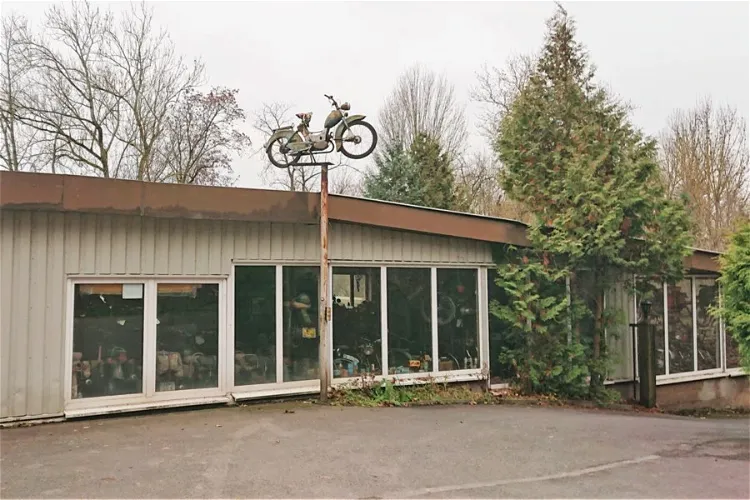
Meininger Zweirad Museum
MeiningenThe Meininger Zweirad Museum is a vehicle museum situated in the southern Thuringian county town of Meiningen. This location is known for its rich history and cultural significance, making it an ideal place for a museum that showcases the evolution of two-wheeled vehicles.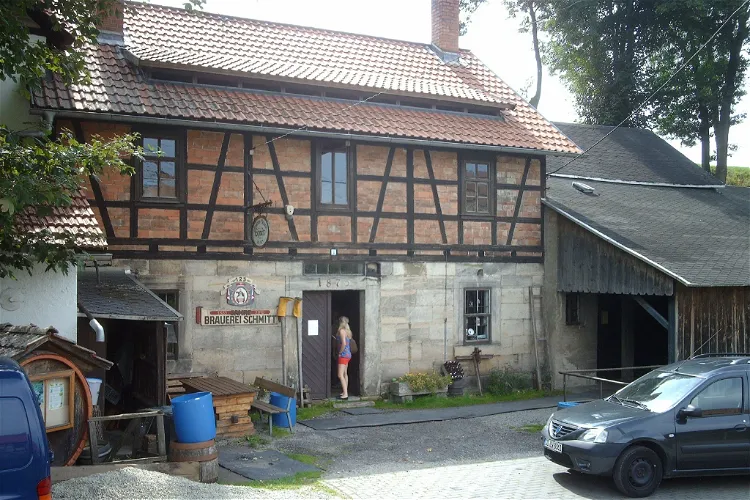
Brauerei Schmitt
StadtilmThe Schmitt Museum Brewery, located in Singen, is a beer brewery in Thuringia, Germany. This historic establishment has been brewing beer since the 17th century, making it a significant part of the region's history and culture.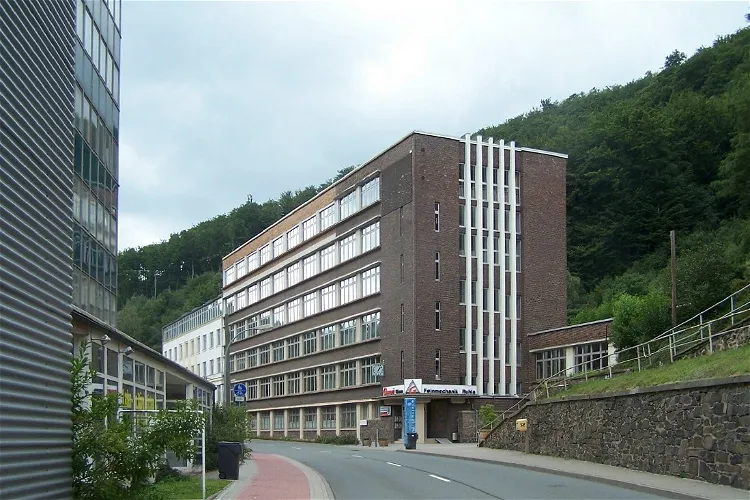
Ruhla Watch and Clock Museum
RuhlaThe Ruhlaer Uhrenmuseum, or Ruhla Watch and Clock Museum, was established in 2002 as a company and technology museum. It underwent a significant expansion of its exhibition rooms and was reopened in October 2006. This museum is a testament to the rich history of watch and clock manufacturing in the region, making it a fascinating destination for those interested in horology and industrial history.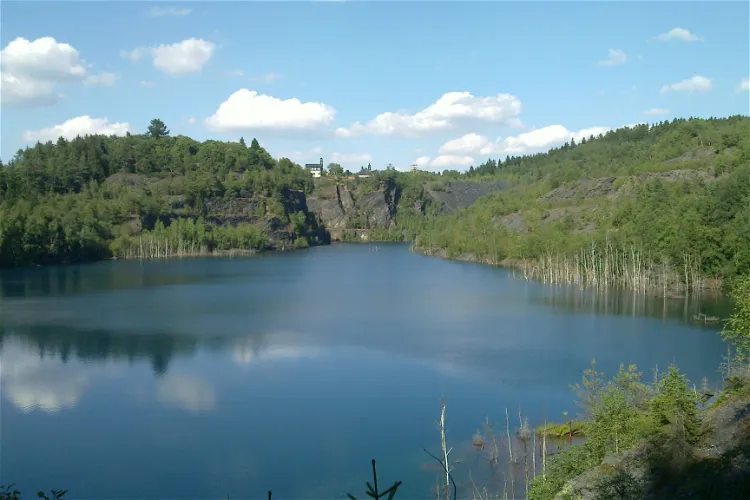
Schieferpark Lehesten
LehestenThe Thuringian Slate Park Lehesten, located in the mountain and slate town of Lehesten in the Thuringian district of Saalfeld-Rudolstadt, is a historical slate open-cast mine. Today, it stands as a technical monument, showcasing its unique functional buildings that have been preserved over the years.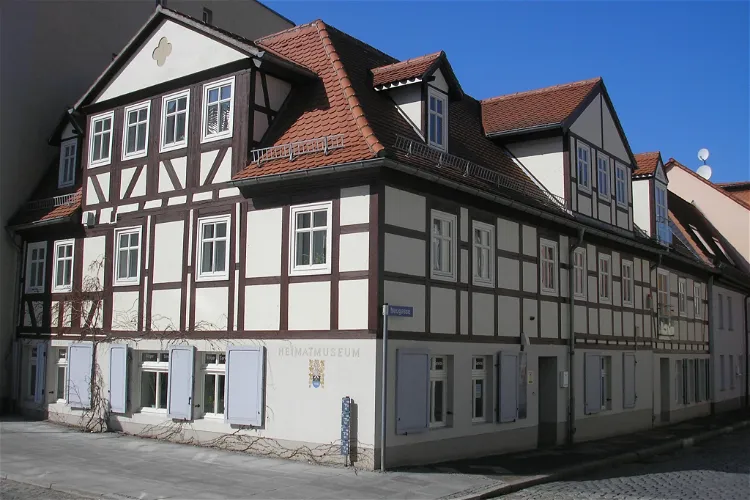
Heimatmuseum Meuselwitz
MeuselwitzThe Heimatmuseum Meuselwitz, located in the town of Meuselwitz in Thuringia, was inaugurated on December 6, 1996. The museum is housed in two old half-timbered houses, which were formerly a weaving mill, at Neugasse 1 and 3. These buildings are situated near the Martinskirche, adding to the historical charm of the location.